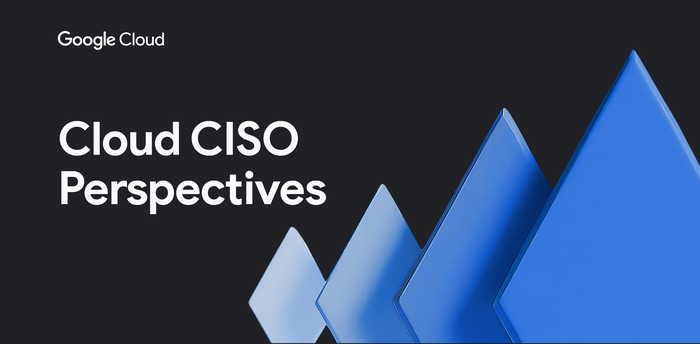Google Cloud sponsors CyberGreen Institute to advance research in Cyber Public Health
Bill Reid
Security Advisor, Office of the CISO
Software designed to cause harm has been described as a “virus” since the 1970s, and some have described hackers as the “internet’s immune system.” While analogies framing cybersecurity in healthcare terminology have limits, we have seen over the decades an important and growing connection between cybersecurity and healthcare.
Cyber public health embraces lessons from the development of public health and applies them to cybersecurity, which could be transformed by widespread use of the techniques and practices of public data-driven investigation, population thinking, and preventative measures.
To support these efforts, Google Cloud is becoming an official sponsor of the CyberGreen Institute, a leading organization dedicated to advancing the field of cyber public health.
The CyberGreen Institute is a globally recognized non-profit organization that conducts and supports research to establish a science of cyber public health. Their pioneering work in this field has garnered acclaim, and this sponsorship from Google Cloud further validates their efforts.
The primary focus of this collaboration is to improve the state of cyber public health by empowering experts to systematically test associations between risk factors and cyber threats, measure and compare the effectiveness of interventions, and adopt preventative measures that reduce both local and systemic risks to make the internet more secure and resilient for all.
In addition to reducing shared systemic risks, a cyber public health approach would directly benefit enterprise security teams as well. One of the core lessons of public health models is that an individual person or company only has control over a small percentage of the risks they face.
For example, identifying and addressing flaws in the DNS, routing, or other aspects of internet infrastructure require coordinated international action. Moreover, the data and analytical techniques developed through cyber public health research can enable enterprise security teams to better evaluate existing practices, test alternatives, and better predict future threats.
Establishing a science of cyber public health will require overcoming some significant challenges. The biggest challenge is collecting and analyzing data that form the basis for vital statistics about the health of the internet.
CyberGreen is taking a two-pronged approach to meet this challenge. First, they are working on discrete “proof of concept” data collection and measurement projects like their “Internet Infrastructure Health Metrics Framework.” Second, they are mobilizing a global community of experts, business leaders, and policymakers to work together on proposals to unlock other critical datasets and establish standards for the collection and reporting of key data.
By combining CyberGreen's expertise and previous research in cyber public health with Google Cloud's extensive analytics capabilities, the partnership aims to explore and define terms such as “population,” “death,” and “disease” as they relate to cyber vital statistics. This can ultimately help to uncover valuable insights and develop innovative solutions to address the growing challenges in the cyber landscape, and inform our understanding of the effectiveness of preventative security controls.
“Given that the digital landscape is vast and complex, the work will present many challenges: from precise internet measurement techniques to developing comprehensive taxonomies and ontologies of digital health and harm. But one of the fun things about science is grappling with hard problems. We’ll look to the community to solicit feedback and ideas as well,” said Adam Shostack, lead scientist, CyberGreen Institute.
As part of the sponsorship, Google Cloud and CyberGreen plan to organize a workshop, bringing together relevant stakeholders from academia, industry, and government. This workshop will serve as a platform for knowledge exchange, collaboration, and the exploration of new ideas in the field of cyber public health. By fostering a multidisciplinary approach, the workshop aims to drive innovation and shape the future of cyber resilience.
"We are thrilled to partner with the CyberGreen Institute in their mission to advance cyber public health," said Taylor Lehmann, director, Google Cloud’s Office of the CISO. "By combining our resources and expertise, we believe we can make significant strides in understanding and addressing the complex challenges posed by cyber risks. This sponsorship reflects our commitment to promoting a safer and more secure internet ecosystem for all."
“Recognizing the significance and complexity of this task, we have laid the groundwork for the joint study. Our aim is to navigate a future of research, ultimately striving to elevate cybersecurity as informed, robust, and resilient as in traditional sciences such as epidemiology and public health.” said Yurie Ito, founder of CyberGreen Institute. “Google Cloud continues to be at the forefront of innovation with respect to the landscape of the internet, and we are so excited to enter into this partnership with Google Cloud to make the internet ecosystem safer and more resilient for all.”

